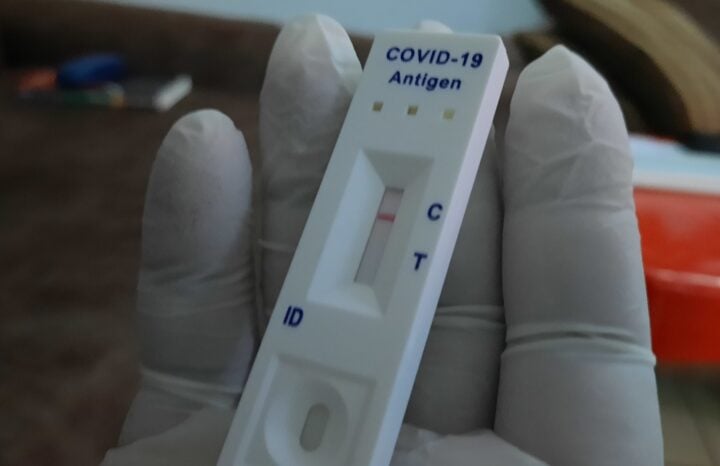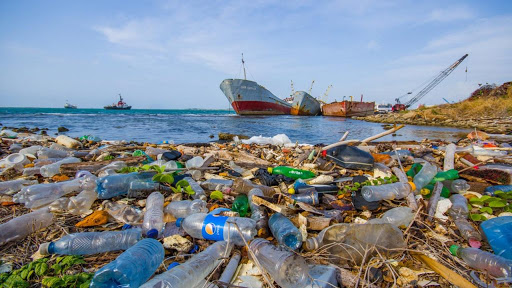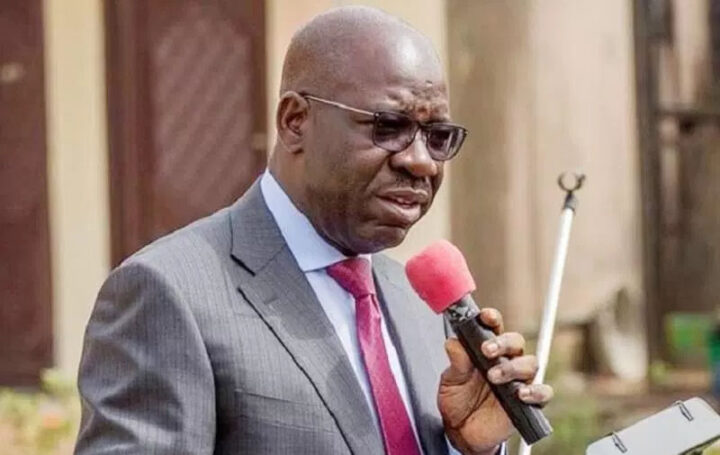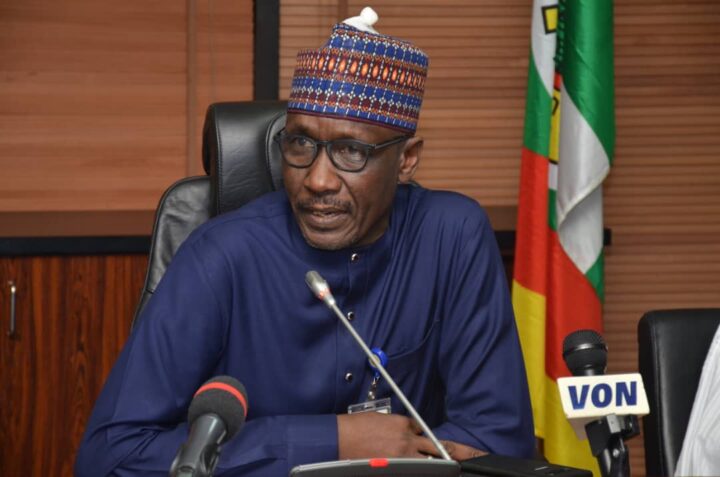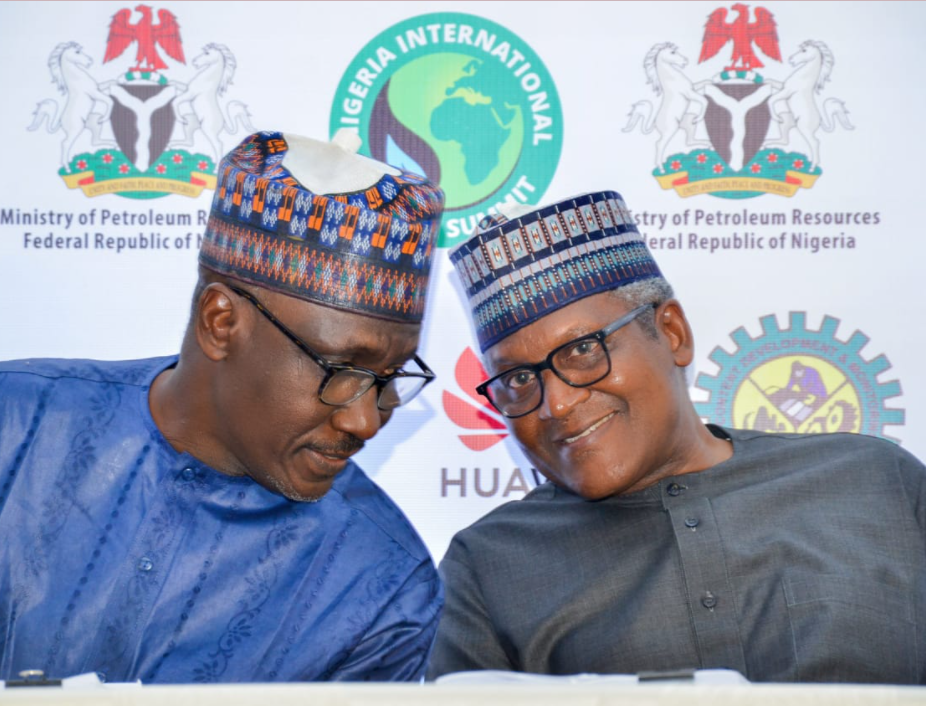The World Health Organisation (WHO) says COVID triggered a 25 percent increase in anxiety and depression globally in the first year of the pandemic.
In a report on Wednesday, the WHO said although concerns about potential increases in mental health conditions prompted 90 percent of countries surveyed to include mental health and psychosocial support in their COVID response plans, major gaps and concerns remained.
Citing the stress caused by social isolation as a major explanation for the increase, the organisation said loneliness, suffering and deaths in the family, were also major factors fuelling anxiety and depression.
The WHO noted that females were more affected than males, and that younger people, especially those aged between 20 and 24, were more affected than older adults.
Advertisement
The organisation also said people with pre-existing physical health conditions, such as asthma, cancer, and heart disease, were more likely to develop symptoms of mental disorders.
According to the report, Tedros Ghebreyesus, WHO director-general, said the information available about the impact of COVID on mental health globally is “just the tip of the iceberg”.
“This is a wake-up call to all countries to pay more attention to mental health and do a better job of supporting their populations’ mental health,” he said.
Advertisement
The WHO, however, said since the early days of the pandemic, it has worked to develop and disseminate resources to help different groups cope with the mental health impact of COVID.
“The Organization has worked with partners, including other United Nations agencies, international nongovernmental organizations and the Red Cross and Red Crescent Societies, to lead an interagency mental health and psychosocial response to COVID-19,” the report reads.
“Throughout the pandemic, WHO has also worked to promote the integration of mental health and psychosocial support across and within all aspects of the global response.”
Advertisement
Add a comment
